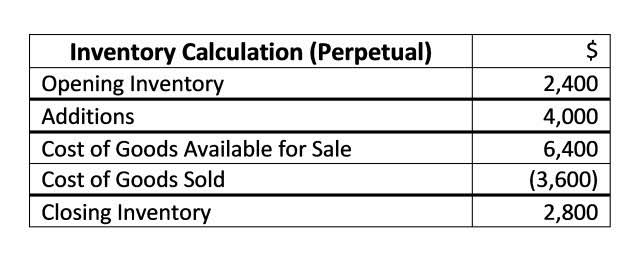Best Law Firm Accounting Bookkeeping Services in 2023
Google, Meta, other tech giants cut DEI programs in 2023
04/14/2021226 vagas de Programador Python em: Portugal 14 novas
12/24/2021Best Law Firm Accounting Bookkeeping Services in 2023

The tax implications of this method also allow your firm to pay tax on income once it’s received and in the bank. This is because a professional legal bookkeeper and accountant can help you manage your firm’s revenue and ensure your firm’s financial transactions are handled ethically and accurately. You recognize revenue when cash is received and expenses when money is paid. This method doesn’t use more complicated concepts like accounts receivable or accounts payable because you only count the cash as it moves into and out of your financial accounts. Analyzing your law firm’s financial performance is an important part of ensuring long-term success and profitability.
In conclusion, the selection of small law firm accounting software requires careful consideration of your firm’s specific needs and budget. All the software options mentioned offer different features and functionalities that can cater to various aspects of law firm accounting. Soluno’s standout features include its time-tracking capabilities, expense management tools, and advanced invoicing options. As for integrations, Soluno partners with several leading platforms, including QuickBooks for accounting, LawPay for online payments, and Microsoft Office for productivity.
Accounting for law firms: best practices
First, you’ll deposit all retainer checks and similar money that belongs to a client in an IOLTA account. Once you really know where you are starting and aware of the options, DRIVE your future. This is an active implementation of tactical pieces of your business. Accounting is a Tactical tool to the overwhelming Strategic challenge you are facing as a Small Law Firm. When organized as a business system – accounting can provide strategic clarity and confidence for decision making and planning as you build.

Your financial strategy will help you plan, strategize, and shift as you need to, helping you grow a financially healthy law firm. Each month, take some time to reconcile your budget compared to your reality, making changes that benefit your bottom line. As a solo attorney, managing your books via accounting software may get you started. Yet, if you own a small firm with multiple attorneys, employees, or contractors, hiring a bookkeeper is more than worth it.
Omnizant Makes Quality Websites Affordable with OneFirst Legal
Law Practice Management resources provide lawyers, law firm managers and legal professionals with information on practice management trends, marketing, client development, legal technology and finance. Whether you’re a solo practitioner or a managing partner at a national law firm, you’ll find law practice management resources to meet your day-to-day practice needs. Checklists, best practices, publications and continuing legal education programs provide up-to-date information and practical tips to help law firm bookkeeping you better manage your law practice. Our goal is to demystify this critical aspect of your legal practice, empowering you to keep your firm’s financial records in order, ensure compliance, and make informed financial decisions. ZenCase is a cost-effective legal practice management software, specially tailored to meet the needs of small law firms. It offers a suite of features encompassing case management, time tracking, billing, and more, providing a compact yet efficient solution for smaller firms.
- Bookkeeping requires dedication and attention just like everything else in your firm.
- When it comes to accounting for law firms, there’s no one “right” method (though you may be required to take on the accrual method).
- Would you hire someone who has mediocre recordkeeping skills to manage your books for $300/hour?
- Accounting for law firms lets you collect and analyze information, and make data-driven decisions based on what money comes in and leaves your firm, so it’s worth it to pay attention.
- When you later earn your fee, you would debit Trust Account Liabilities and credit your revenue account.
Whenever a client pays an invoice, you must allocate the payment to the incurred costs of a matter first. However, if a firm fails to separate revenue that covers incurred costs from actual revenue, their records will be off. The chart of accounts for law firms should include the IOLTA or trust account, as well as a trust liability account (to offset and show that the funds in the IOLTA account are not the law firm’s).


